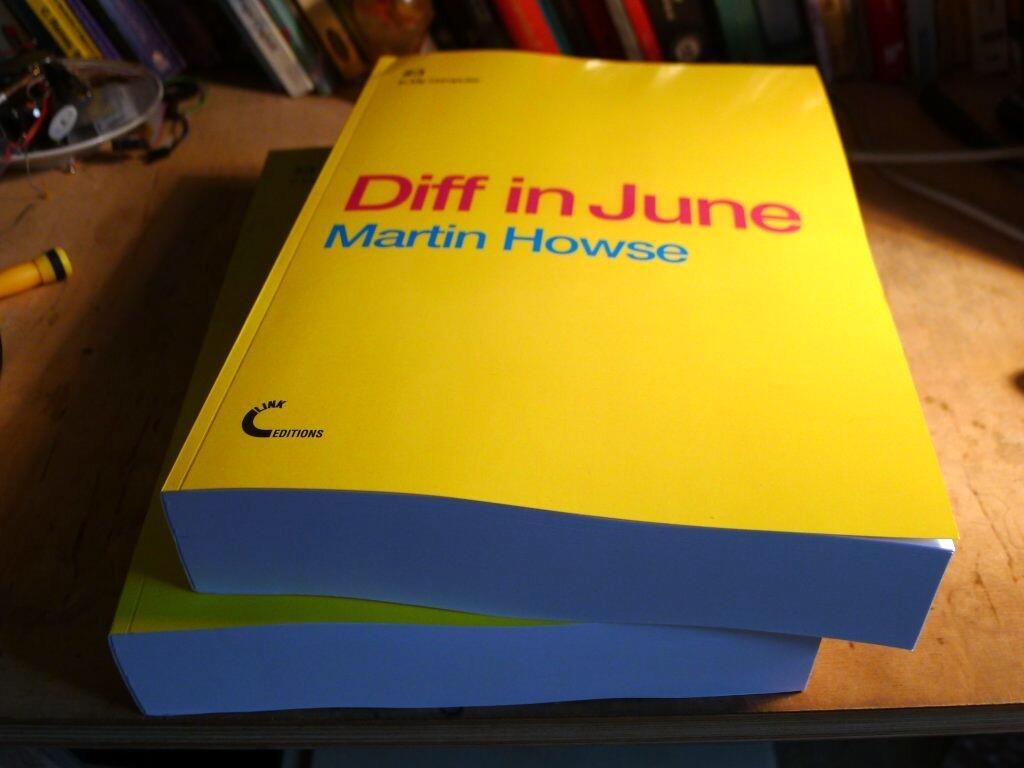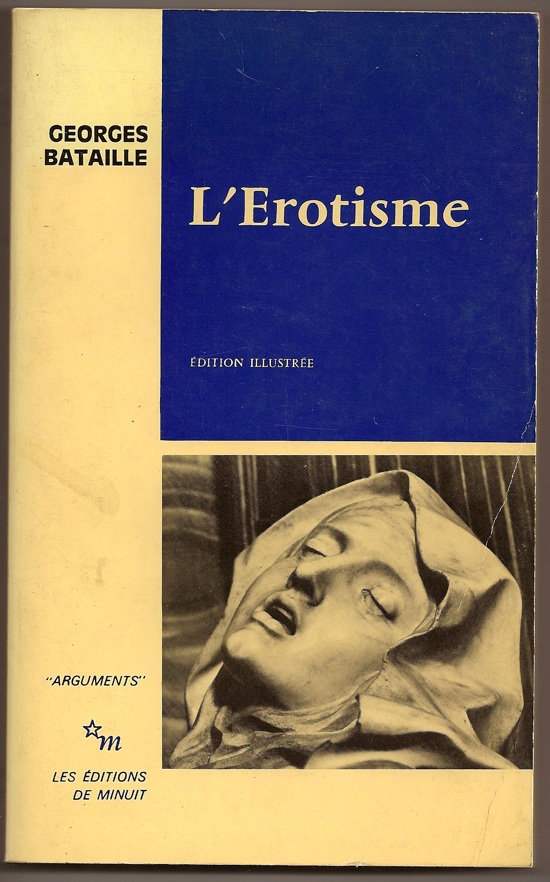Brian Rotman: Becoming Beside Ourselves: The Alphabet, Ghosts, and Distributed Human Being (2008)
Filed under book | Tags: · affect, alphabet, body, computing, gesture, god, language, mathematics, networks, posthuman, representation, self, semiotics, speech, subjectivity, technology

Becoming Beside Ourselves continues the investigation that the renowned cultural theorist and mathematician Brian Rotman began in his previous books Signifying Nothing and Ad Infinitum…The Ghost in Turing’s Machine: exploring certain signs and the conceptual innovations and subjectivities that they facilitate or foreclose. In Becoming Beside Ourselves, Rotman turns his attention to alphabetic writing or the inscription of spoken language. Contending that all media configure what they mediate, he maintains that alphabetic writing has long served as the West’s dominant cognitive technology. Its logic and limitations have shaped thought and affect from its inception until the present. Now its grip on Western consciousness is giving way to virtual technologies and networked media, which are reconfiguring human subjectivity just as alphabetic texts have done for millennia.
Alphabetic texts do not convey the bodily gestures of human speech: the hesitations, silences, and changes of pitch that infuse spoken language with affect. Rotman suggests that by removing the body from communication, alphabetic texts enable belief in singular, disembodied, authoritative forms of being such as God and the psyche. He argues that while disembodied agencies are credible and real to “lettered selves,” they are increasingly incompatible with selves and subjectivities formed in relation to new virtual technologies and networked media. Digital motion-capture technologies are restoring gesture and even touch to a prominent role in communication. Parallel computing is challenging the linear thought patterns and ideas of singularity facilitated by alphabetic language. Barriers between self and other are breaking down as the networked self is traversed by other selves to become multiple and distributed, formed through many actions and perceptions at once. The digital self is going plural, becoming beside itself.
With a Foreword by Timothy Lenoir
Publisher Duke University Press, 2008
ISBN 0822342006, 9780822342007
176 pages
Commentary (Ben Pritchett, Mute)
Review (Stevan Harnad, Times Literary Supplement)
Martin Howse: Diff in June (2013)
Filed under artist publishing | Tags: · archive, data, language

Diff in June tells a day in the life of a personal computer, written by itself in its own language, as a sort of private log or intimate diary focused on every single change to the data on its hard disk. Using a small custom script, for the entire month of June 2011 Martin Howse registered each chunk of data which had changed within the file system from the previous day’s image. Excluding binary data, one day’s sedimentation has been published in this book, a novel of data archaeology in progress tracking the overt and the covert, merging the legal and illegal, personal and administrative, source code and frozen systematics.
The book, consisting of almost 24 million chars, is now made available in 3 different formats, determined by the production and distribution constraints of the platforms adopted: a full, freely downloadable PDF; a 500 pages PDF available on Issuu.com; and a 740 pages print-on-demand paperback available on Lulu.com.
Publisher Link Editions, Brescia, August 2013
Creative Commons Attribution-NonCommercial-ShareAlike 3.0 Unported License
ISBN 9781291503593
PDF, PDF (1673 pp)
Issuu (500 pp)
Lulu (740 pp)
Georges Bataille: Erotism: Death and Sensuality (1957–) [FR, ES, EN, IT, PT]
Filed under book | Tags: · death, ecstasy, eroticism, language, psychology, religion, sex, sexuality

Taboo and sacrifice, transgression and language, death and sensuality—Georges Bataille pursues these themes with an original, often startling perspective. He challenges any single discourse on the erotic. The scope of his inquiry ranges from Emily Bronte to Sade, from St. Therese to Claude Levi-Strauss and Dr. Kinsey; and the subjects he covers include prostitution, mythical ecstasy, cruelty, and organized war. Investigating desire prior to and extending beyond the realm of sexuality, he argues that eroticism is “a psychological quest not alien to death.”
First published in French as L’Érotisme, Éditions de Minuit, 1957.
This edition published within Oeuvres complètes. Tome 10 (pp 1-270), together with Le procès de Gilles de Rais and Les larmes d’Éros.
Publisher Gallimard, 1987
734 pages
English edition
Translated by Mary Dalwood
The first edition in English was published as Death and Sensuality: a Study of Eroticism and the Taboo, Walker and Company, NY, 1962.
Publisher City Lights Books, San Francisco, 1986
ISBN 0872861902, 9780872861909
280 pages
Review (Mark Price, Philosophy Now)
L’Érotisme (French, 1957/1987). Alt link.
El erotismo (Spanish, transcript, trans. María Luisa Bastos, 1960)
Erotism: Death & Sensuality (English, trans. Mary Dalwood, 1962/1986)
L’erotismo (Italian, transcript, trans. Adriana dell’Orto, 1962)
O erotismo (Portuguese, trans. Antonio Carlos Viana, 1987)

